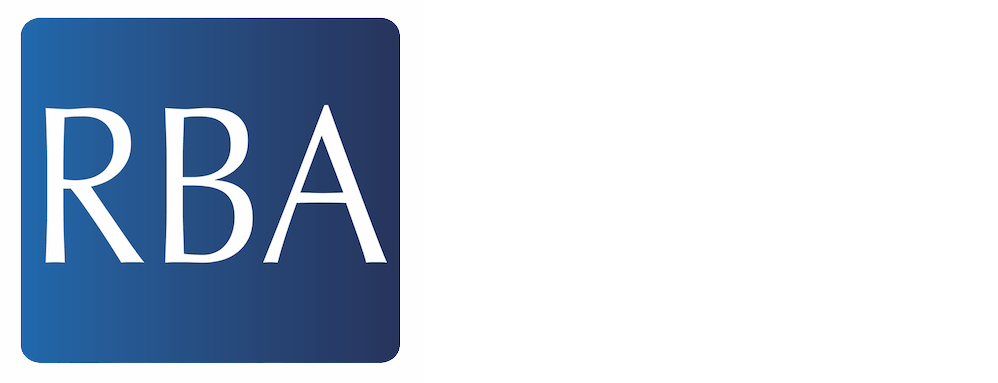The Economic Recovery Fund was established in June 2020 by the government to support businesses highly impacted by the crisis so they can survive, restart work/production and safeguard employment. It is also expected to facilitate domestic production of essential goods such as masks, gloves, sanitizers, disinfectants, and others that may be deemed necessary during and post COVID-19 period.
Below are key points to know about the Economic Recovery Fund:
The ERF was launched with Frw 100 billion to be distributed towards; hotels sector loan refinancing, businesses in manufacturing, transport and logistics as well as small and medium enterprises linked to domestic and global supply chains.
The Fund funding will be deployed by the Central Bank to commercial banks, microfinance institutions and SACCOs who will then lend to eligible businesses. Business make applications to their respective banks for consideration and approval.
The fund is disbursed at low interest rates and convenient repayment periods. Click here for details on rates.
Eligible businesses will have to demonstrate the negative impact of COVID-19 on their operations, that they were commercially viable prior to the pandemic, and that they can return to viability, preserve jobs and contribute to the recovery of the economy.
To ensure that funds are used appropriately to achieve the impact expected, the Economic Recovery Fund Technical Steering Committee is governing the fund, reviewing the performance of the Fund on a monthly basis and reports to the Economic Recovery Fund High Level Steering Committee of Ministers, NBR Governor and CEOs (RDB and PSF). The technical steering committee is composed of Ministry of Finance and Economic Planning, Ministry of Trade and Industry, Rwanda Development Board, National Bank of Rwanda, Private Sector Federation, Rwanda Bankers’ Association, Association of Microfinance Institutions of Rwanda and Business Development Fund
